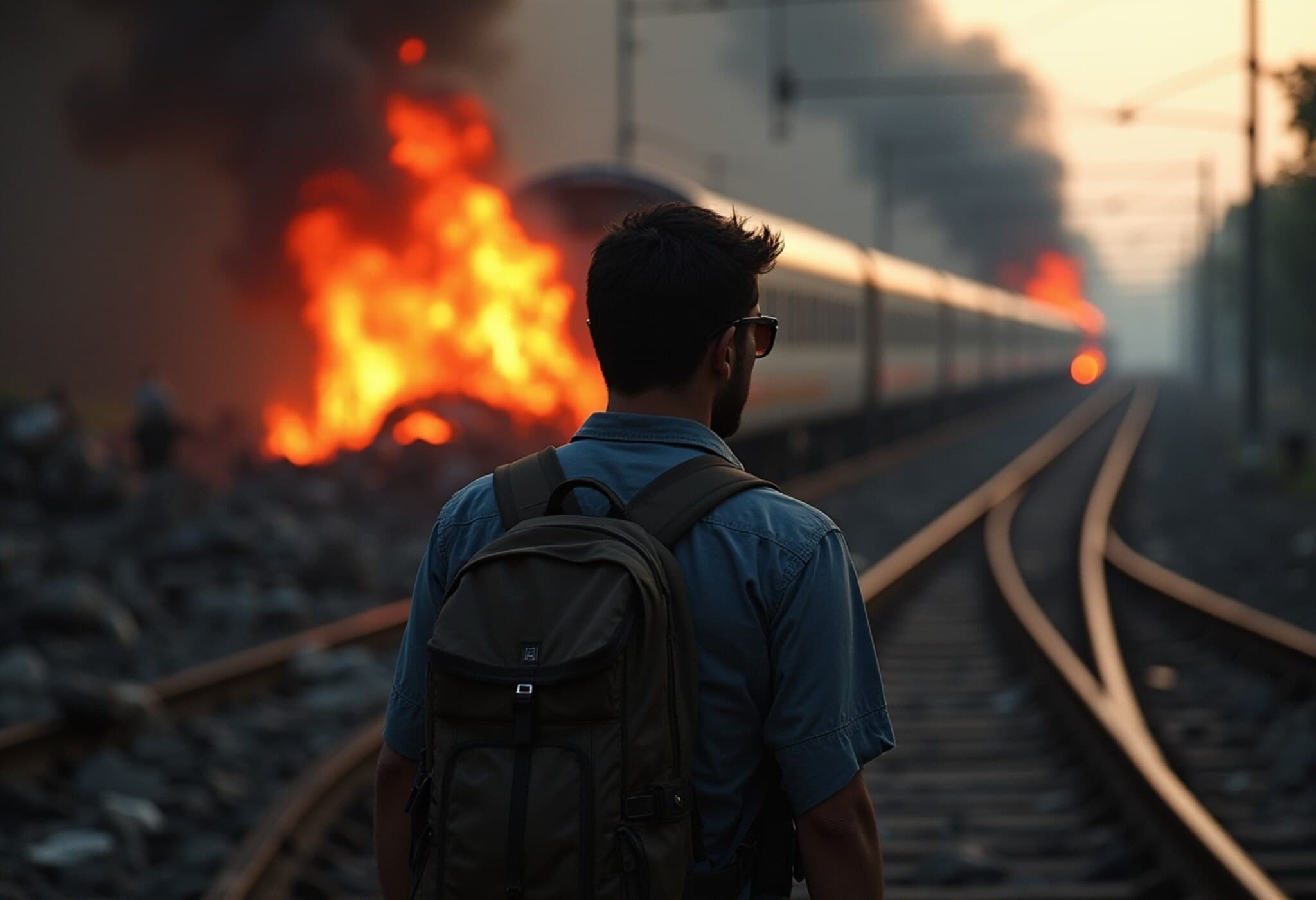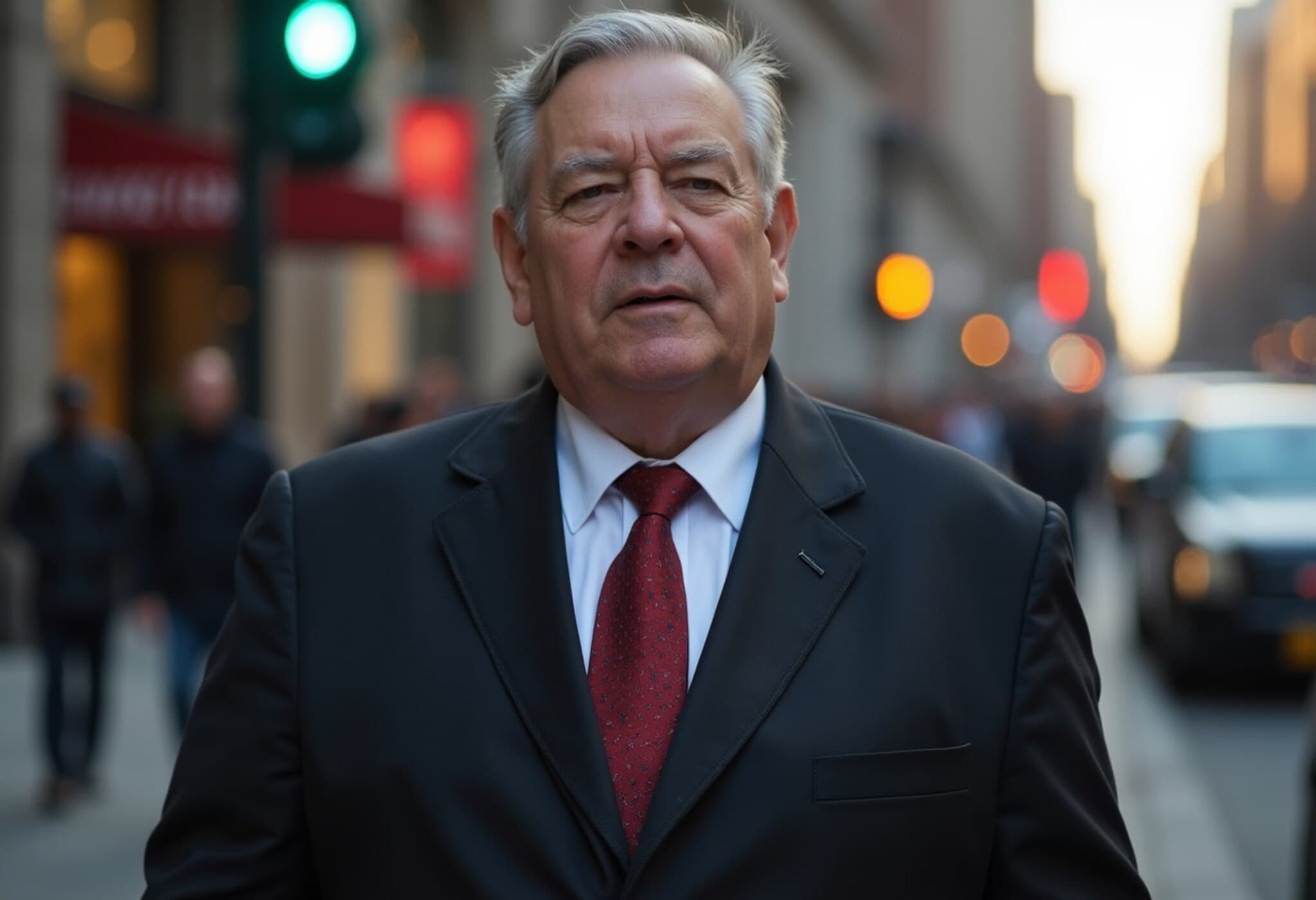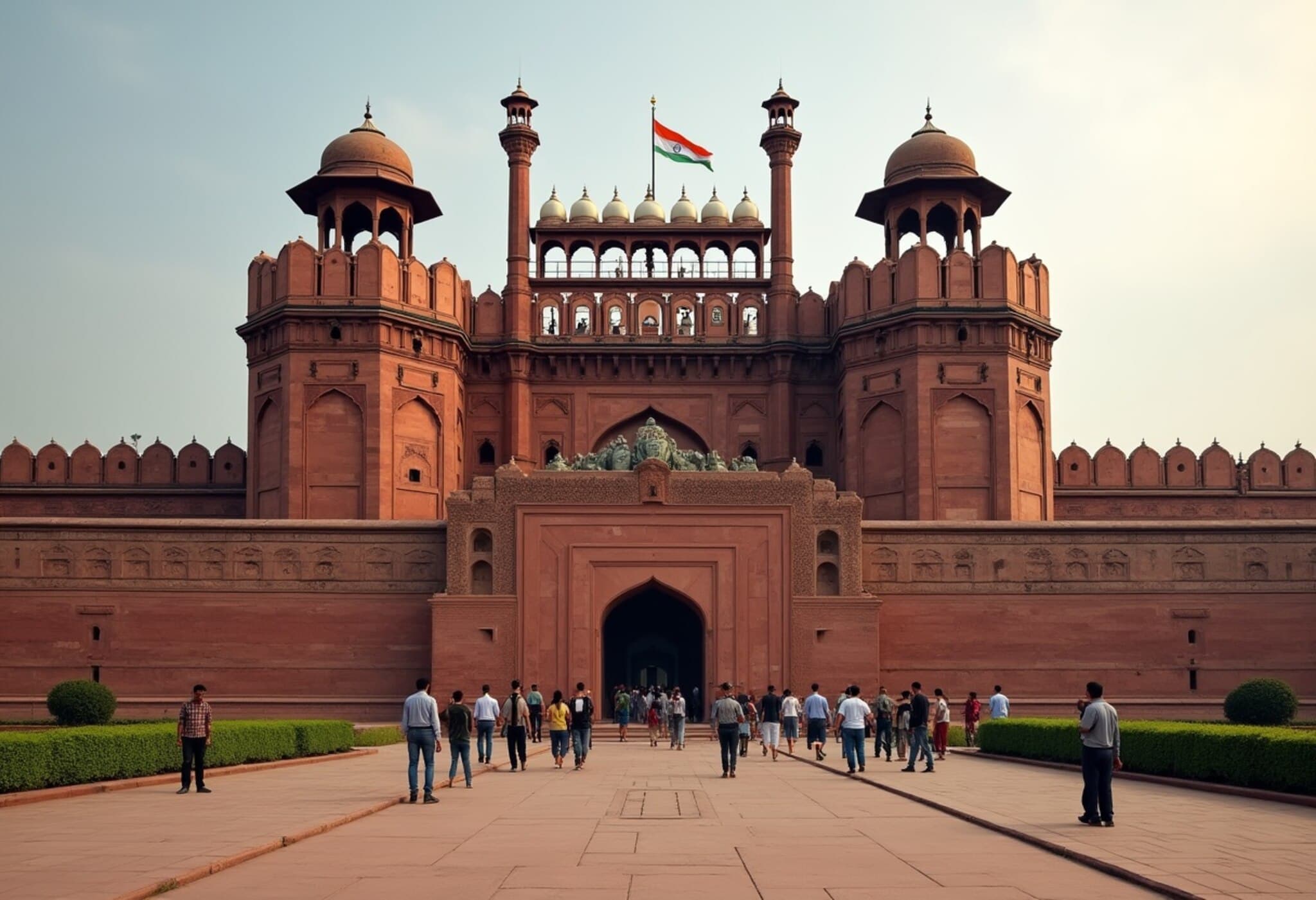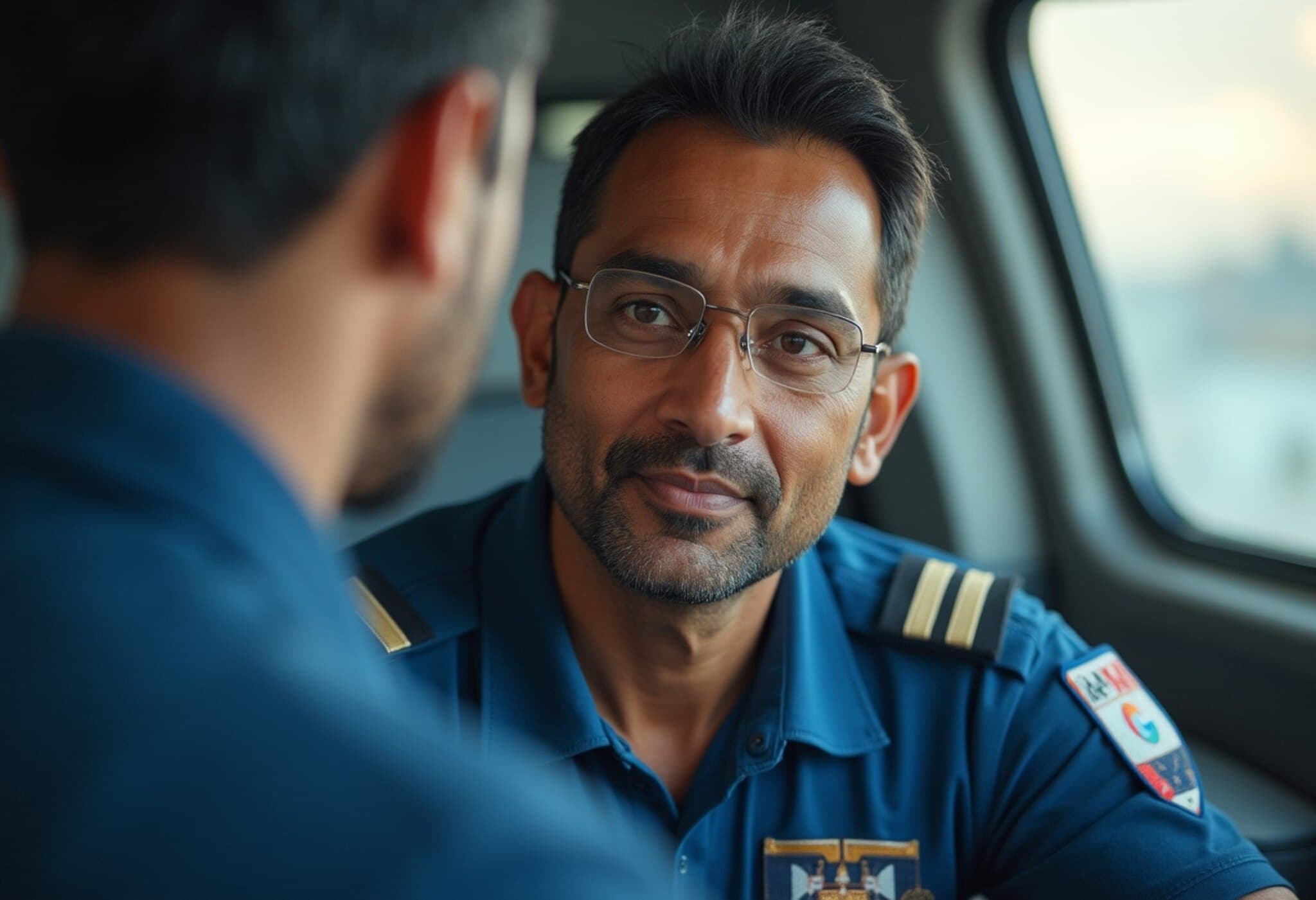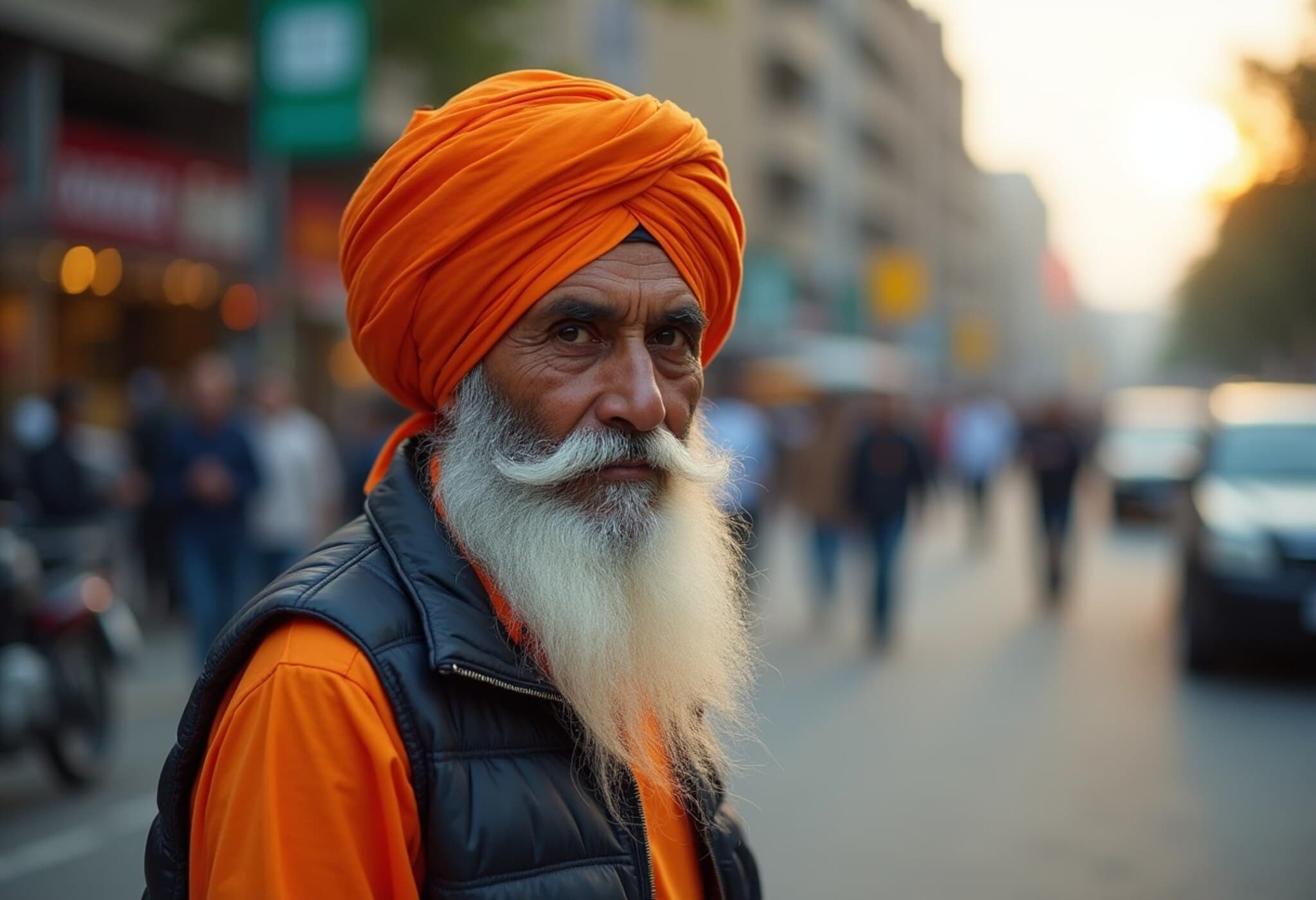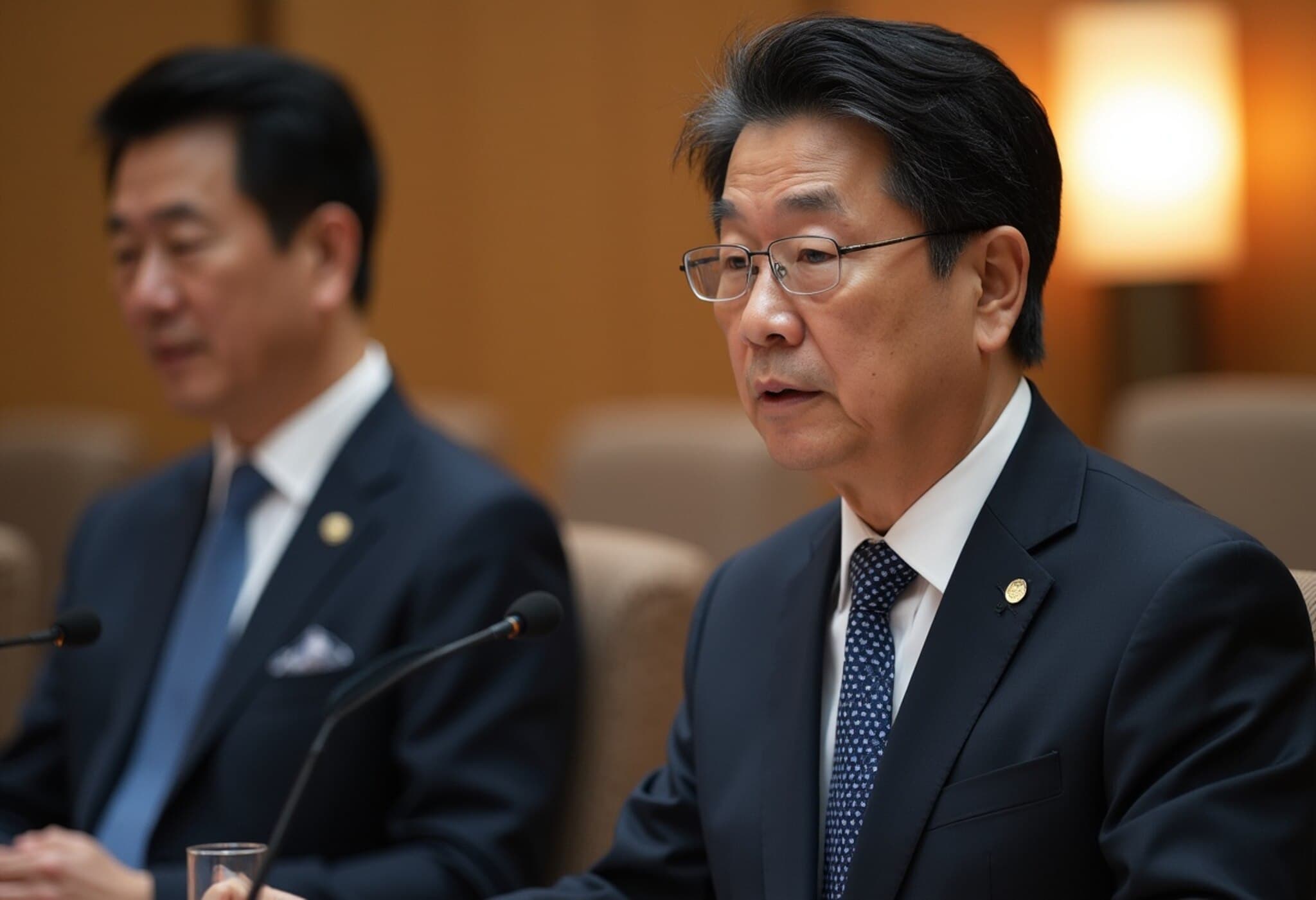Bombay High Court Overturns Convictions in 2006 Mumbai Train Blasts Case
Almost two decades after the devastating 2006 Mumbai suburban train bombings that tragically claimed 189 lives and injured over 800 individuals, the Bombay High Court delivered a landmark judgment on July 21, 2025. The court acquitted all 12 men previously convicted in connection with the terror attacks, citing significant lapses and inconsistencies in the original prosecution's case.
Judicial Findings Highlight Serious Flaws in Prosecution
Presiding over the case, a division bench comprising Justices Revati Mohite Dere and Gauri Godse scrutinized the evidence and trial proceedings in detail. They uncovered multiple procedural errors, including unreliable eyewitness testimonies, poorly conducted identification parades, and coerced confessions obtained allegedly through torture. Such revelations cast a shadow over the fairness and integrity of the trial process.
Justice Dere notably remarked on the unusual delays in witness identifications — some witnesses remained silent for more than four years before suddenly identifying the accused, an abnormal pattern that undermines confidence in their testimony.
Investigation and Evidence Handling Under Question
The court also pointed to investigative deficiencies, highlighting that several key witnesses who could have provided critical insights were not called to testify. Furthermore, doubts were raised regarding the chain of custody and preservation of forensic evidence, such as explosives like RDX, which were pivotal to the prosecution's narrative but inadequately documented.
Crucially, one significant witness's credibility was challenged due to their involvement in testimony across unrelated criminal cases, including another bombing in Ghatkopar, casting further skepticism over their reliability.
Implications and Reflections on Justice Delivery
This judgment draws attention to the broader challenges faced in prosecuting terrorism cases within India’s legal framework. The acquittal underscores the vital importance of adherence to rigorous evidentiary standards and human rights protections during investigations and trials — especially where capital punishment is involved.
Earlier, the special MCOCA court had sentenced five accused to death and the remaining seven to life imprisonment in 2015. However, the High Court's decision to overturn these sentences reflects a commitment to upholding the principle of 'beyond reasonable doubt' as foundational to justice.
Expert Commentary: What This Means for Terrorism Prosecutions
Legal analysts note that while the bombings remain among the darkest chapters in Mumbai’s history, safeguarding due process is paramount. Mumbai, a bustling metropolis and financial capital, remains a focal point for concerns about urban terrorism. The case highlights how insufficient investigative rigor can ultimately hinder the pursuit of true justice.
From a policy perspective, the ruling could instigate renewed calls for reform in forensic evidence management, witness protection programs, and trial procedures in terror-related cases. Experts argue these reforms are critical to balancing national security interests with constitutional rights.
Looking Forward: The Need for Transparency and Accountability
As Mumbai and India continue grappling with the threat of terrorism, this verdict serves as a reminder that the credibility of criminal justice institutions hinges on their transparency and accountability. It also poses important questions about delayed justice and the emotional toll on victims’ families, who have waited years for legal closure.
Ultimately, this case's trajectory invites policymakers, law enforcement, and the judiciary to reflect deeply on preventive strategies and judicial safeguards to protect both society and individual rights.
Summary
- Bombay High Court acquitted all 12 men convicted in the 2006 Mumbai train blasts that killed 189 people.
- Judges cited unreliable witnesses, procedural flaws, and mishandling of evidence.
- The ruling overturned the 2015 convictions, including five death sentences.
- This case underscores the critical need for rigorous standards in terrorism trials and protection of defendants’ rights.
- Experts call for reforms in investigative and forensic protocols to strengthen judicial outcomes.
Editor's Note
The 2006 Mumbai train blasts remain a painful memory etched in the city’s collective consciousness. This recent acquittal by the Bombay High Court raises vital considerations about the justice system's role in handling terror cases — balancing swift justice with procedural fairness. As India confronts evolving security challenges, this verdict serves as a timely reminder that the pursuit of truth must never compromise legal integrity. Readers are encouraged to reflect on how such legal outcomes impact public trust and the broader fight against terrorism.

